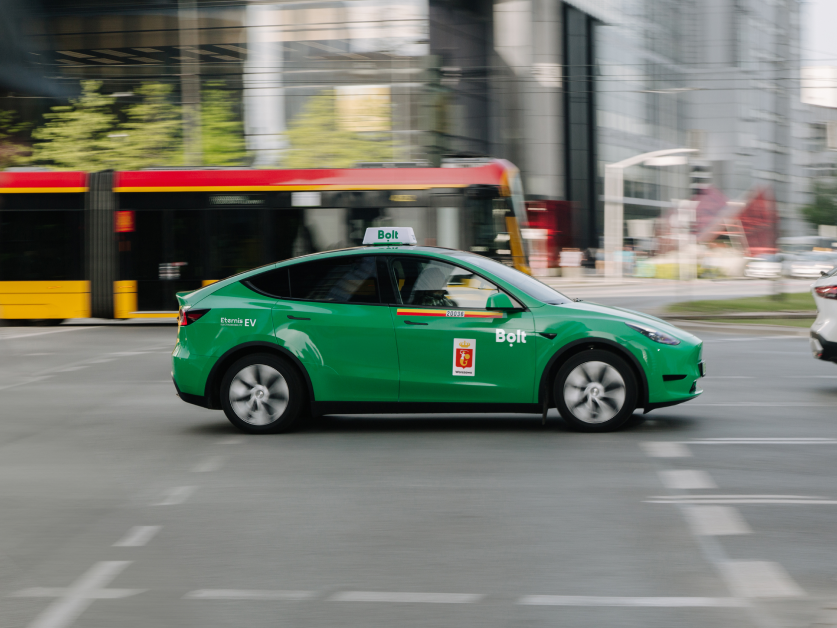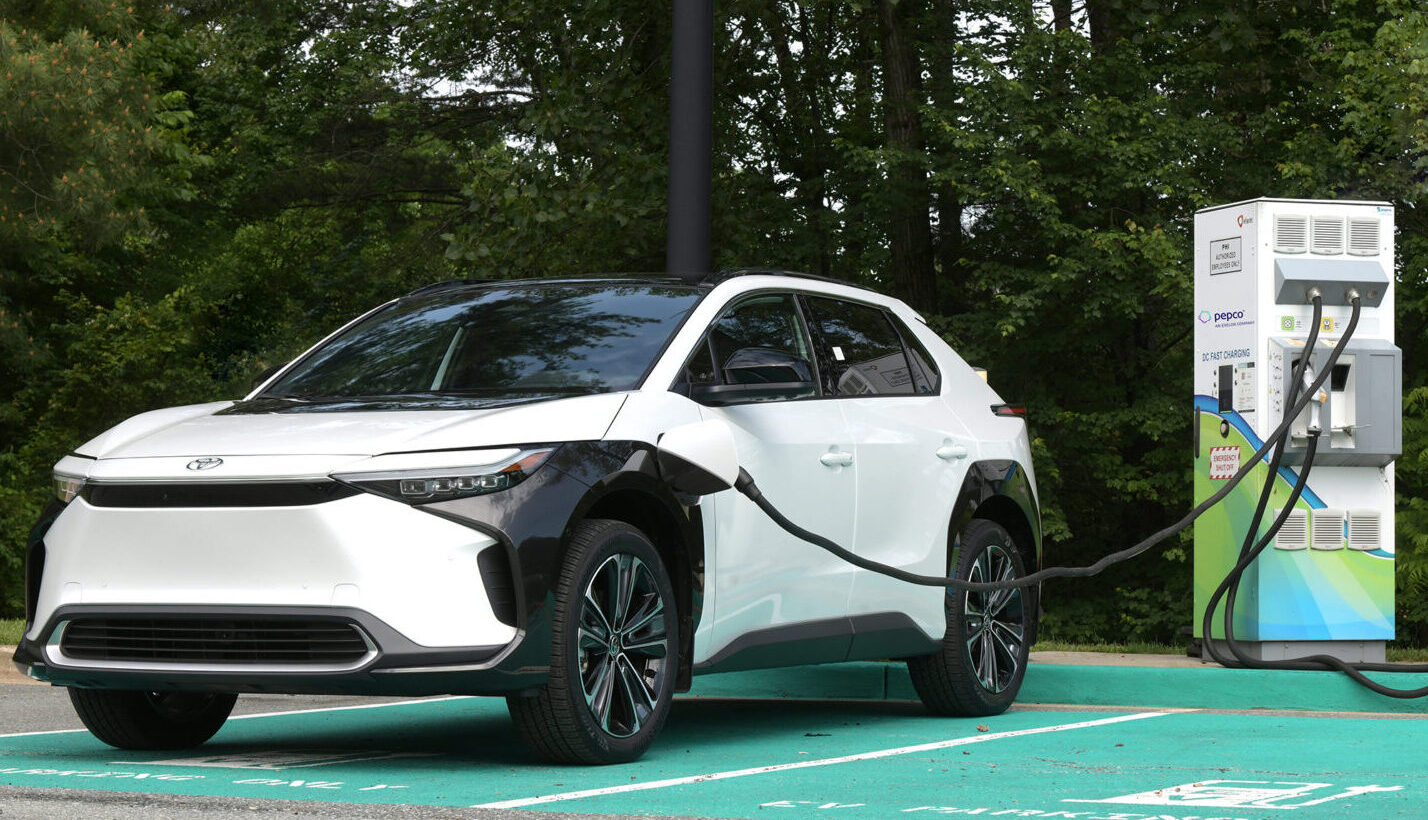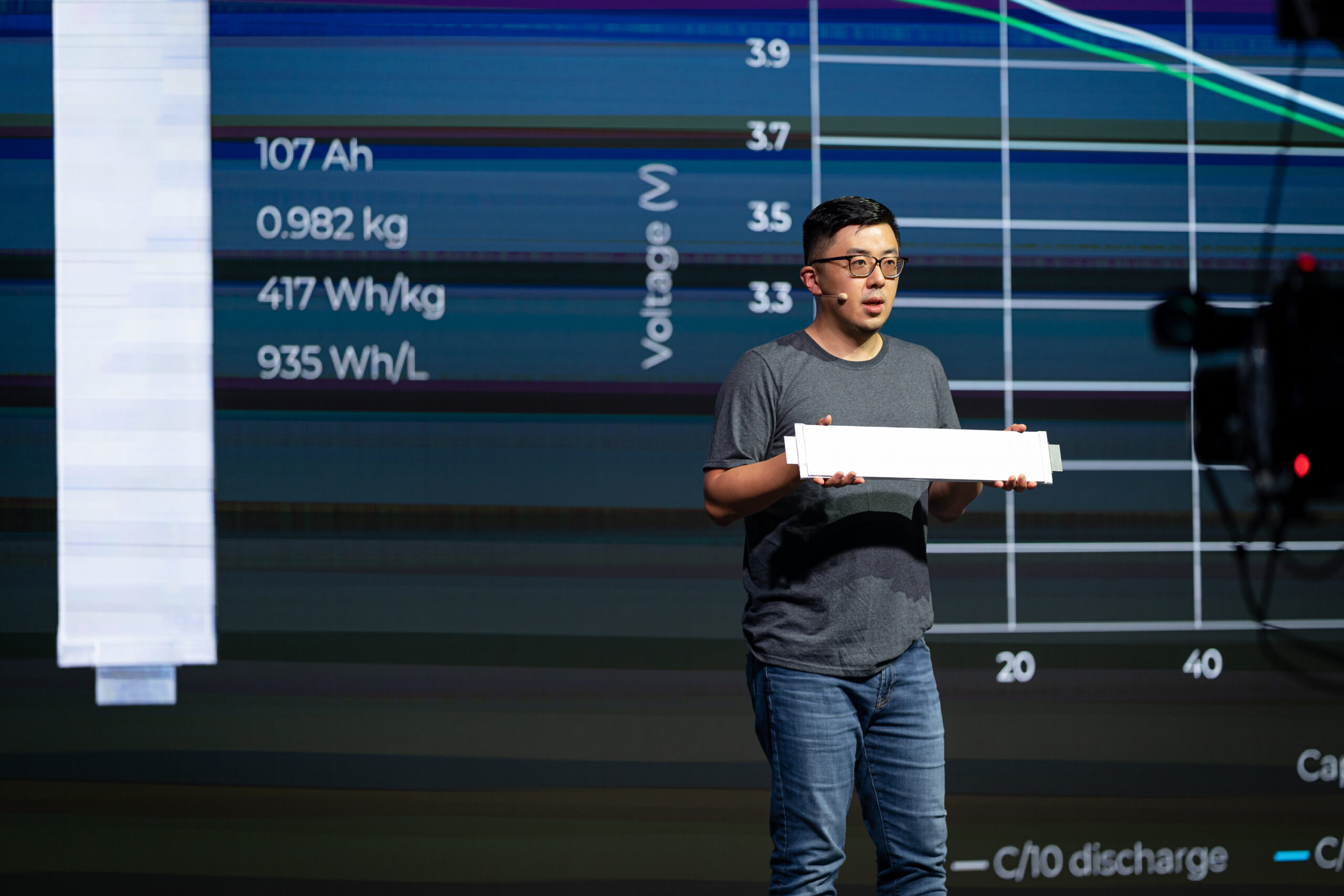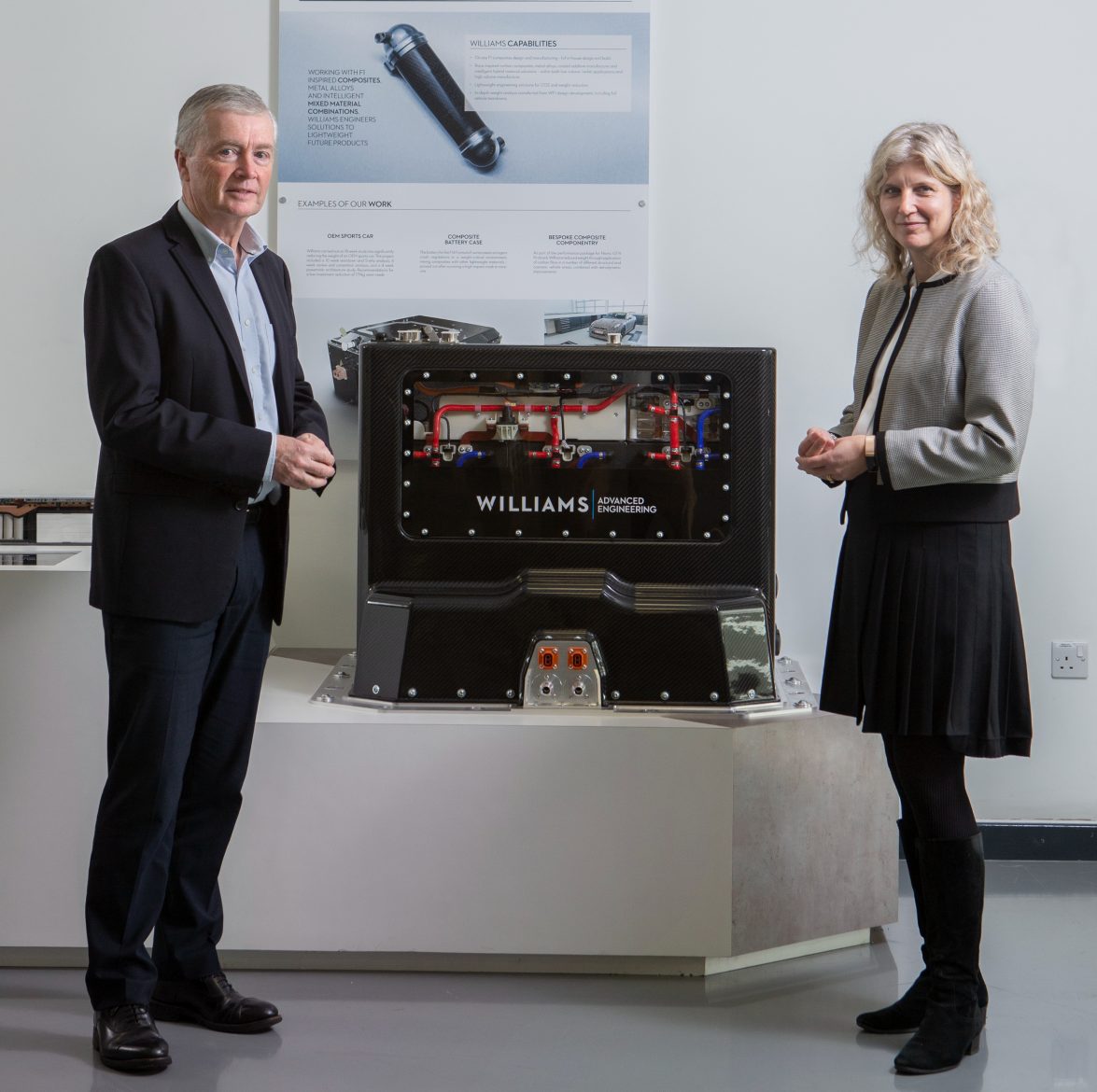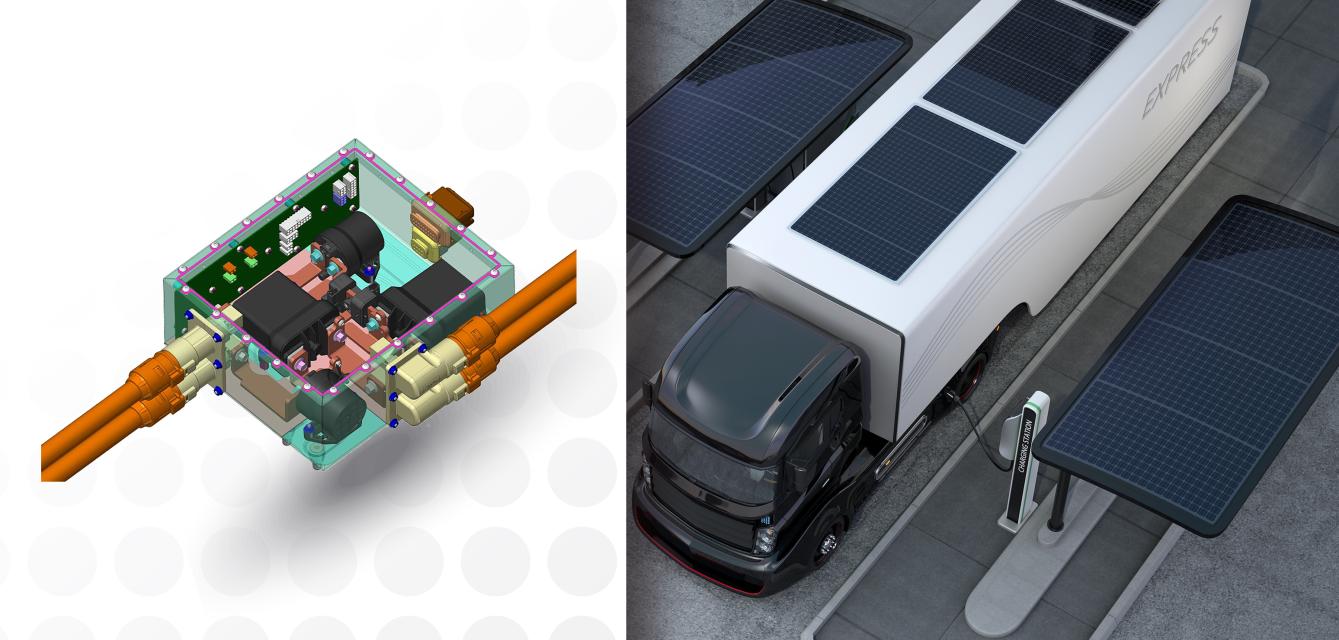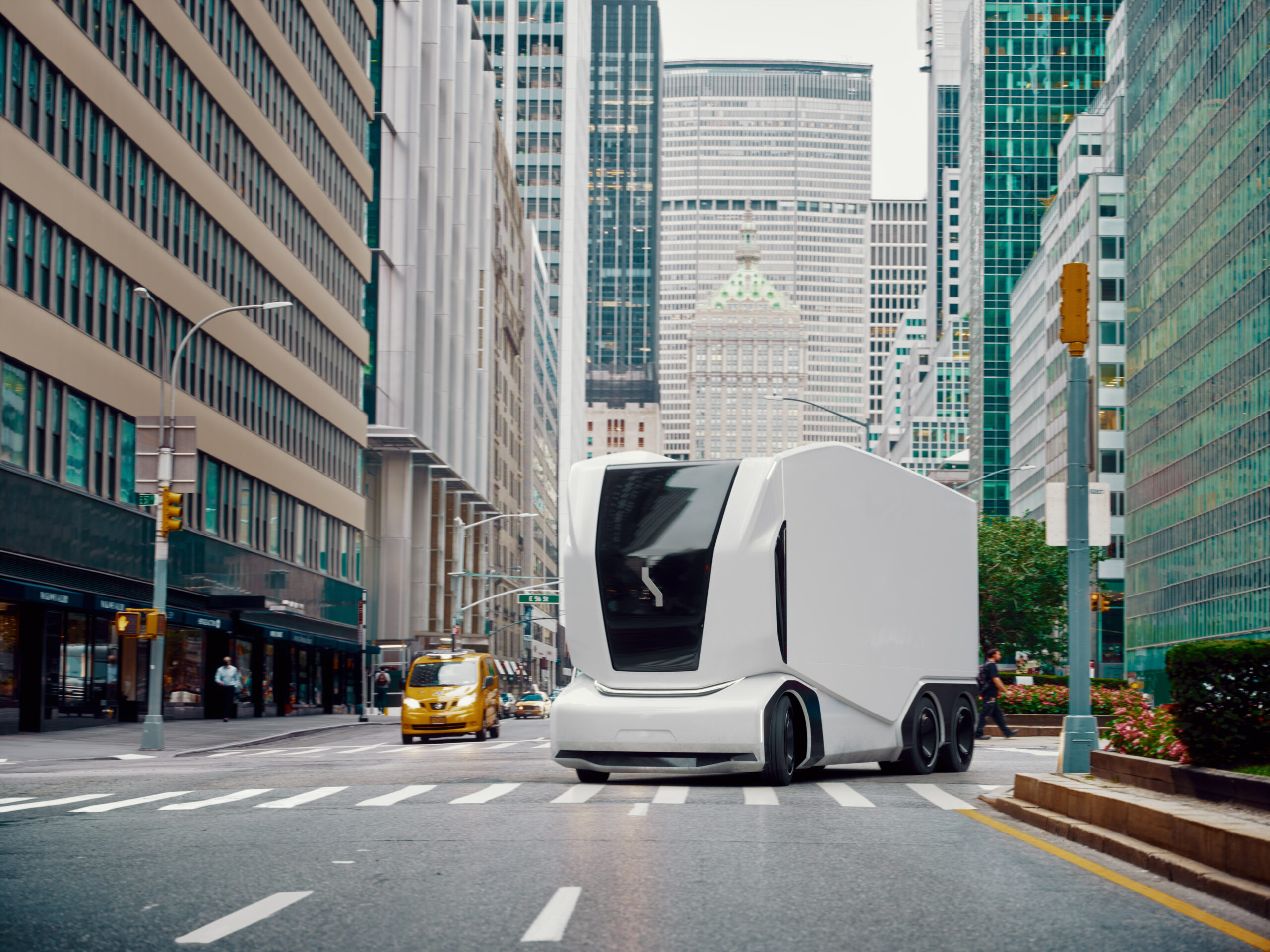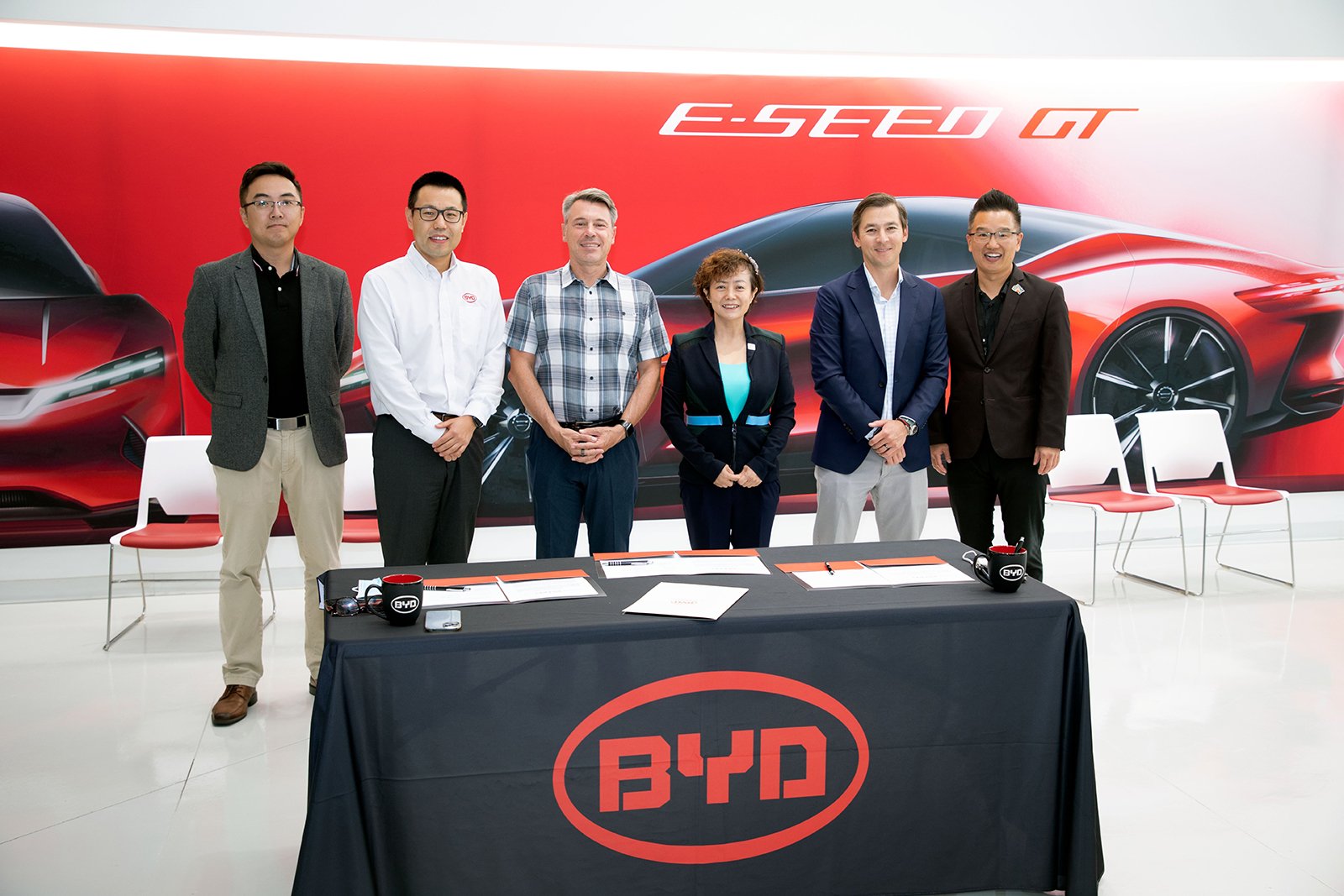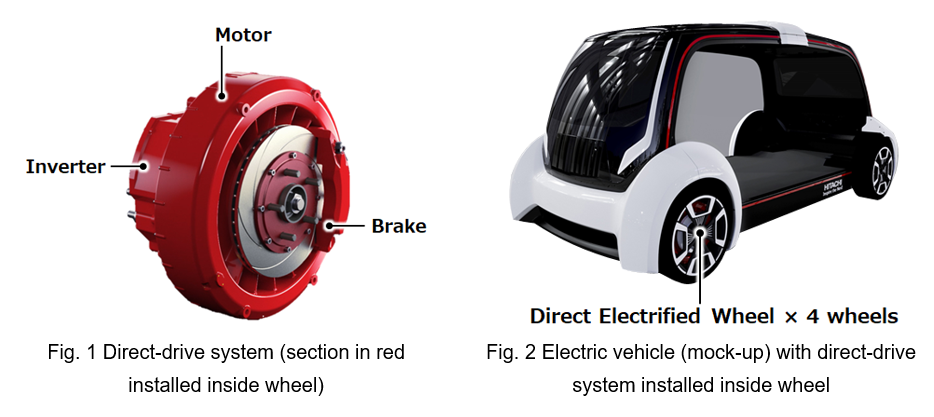Ricardo to Optimise In-Car Climate Control Systems to Extend the Range of Electric Vehicles
As part of its mission to support the decarbonisation of the global transport and energy sectors, Ricardo, a world-class environmental, engineering and strategic consulting company, has received Government funding to optimise in-car thermal and energy management systems to improve electric vehicle range and battery performance. This technology innovation will help accelerate consumer adoption of battery electric vehicles.
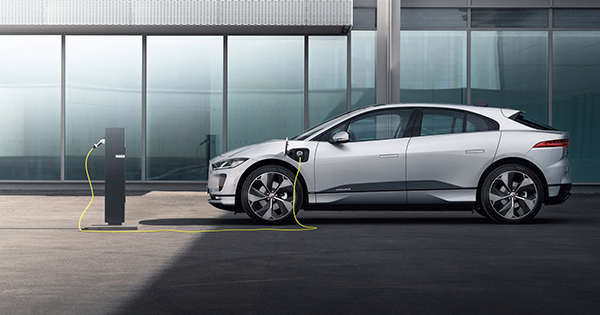
Partnering with Jaguar Land Rover and using a Jaguar I-PACE as a demonstrator vehicle, Ricardo engineers will take the novel approach of looking holistically at whole vehicle thermal management and use state-of the art digital modelling techniques to optimise the thermal and control systems. The research will optimise energy consumption and driver/passenger comfort, with the aim of increasing electric vehicle range by 5% while reducing overall cost by 10%. The project has been funded by the Office for Zero Emissions Vehicles (OZEV) in partnership with Innovate UK.
Teri Hawksworth, President, Ricardo Automotive and Industrial EMEA, said:The UK Government has committed to banning the sale of new petrol and diesel cars by 2030. There is a real need for innovative technology solutions which will drive cost out of electrification and enhance electric vehicle performance, efficiency, safety and cost, to encourage consumer take-up. Leveraging Ricardo’s proven track record in electrification engineering and green mobility solutions, we are very pleased to have received the funding, which will enable us to support the mass adoption of electrification by making it more affordable and help the UK reach its ambitious net zero goals.
Currently, the range of an electric vehicle is affected by hot and cold ambient temperatures. When drivers turn up the heat in their car in winter or enjoy air conditioning in the summer, electrical energy consumption increases, reducing the range of an electric vehicle by almost one third. To reduce thermal system energy consumption, individual technologies have been proposed in isolation without adapting the rest of the vehicle systems to take advantage of them.
In this project Ricardo experts will apply advanced control approaches which automatically establish the best way of integrating new components and thermal system architectures into electric vehicles, taking a system level approach. Additionally, the project will seek to improve range by reducing energy consumption, product development time and costs through a predictive thermal management system using an electronic horizon. It will also optimise driver/passenger comfort using a ‘comfort controller’: an innovative approach to in-car passenger experience which will regulate heat sources to achieve a comfort level instead of a specified temperature.
This project is the latest in a long series of Ricardo Government-funded research and development projects proving technology solutions which help drive cost of out electrification, enhance EV battery performance or build capability and supply chains in critical sustainable electrification components.
This article was originally published by Ricardo.



